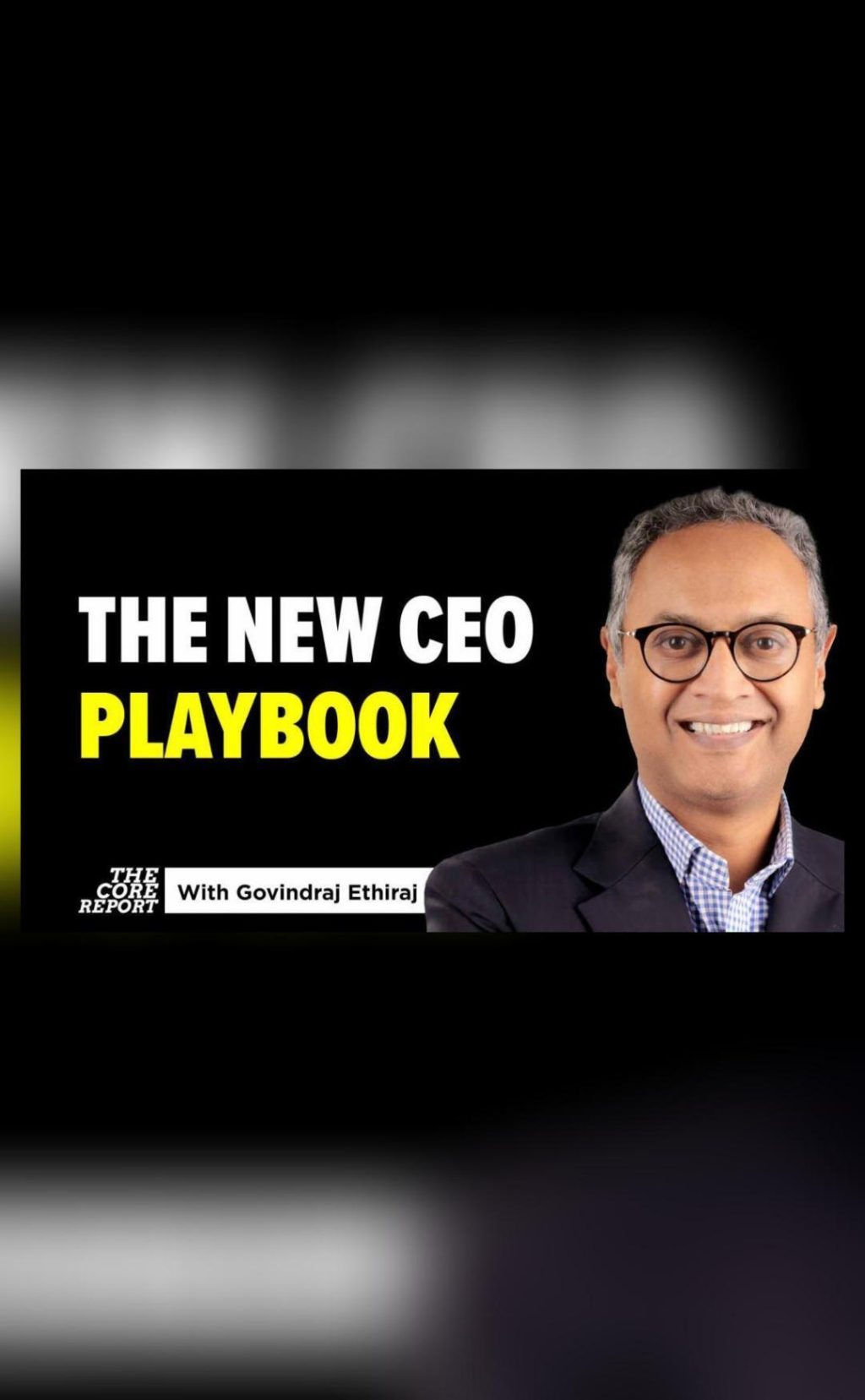
The New CEO Playbook: AI Pressures & Global Tariff Shocks
The world of business is undergoing a seismic shift, with artificial intelligence (AI) reshaping industries and global tariffs disrupting trade. For CEOs, these unprecedented challenges pose a daunting task: rethink strategy and operations to stay ahead of the curve. As the business landscape continues to evolve, companies are being pushed to localize, adapt, and reconsider long-held business models.
The AI Revolution: Internal Pressures to Automate and Innovate
AI is transforming the way businesses operate, from customer service to supply chain management. The pressure to automate and innovate is mounting, as companies seek to stay competitive and relevant in an increasingly digital world. According to a recent McKinsey report, AI adoption is expected to increase by 50% in the next two years, with companies investing heavily in machine learning, natural language processing, and computer vision technologies.
For CEOs, this means rethinking traditional organizational structures and processes. With AI, companies can streamline operations, reduce costs, and improve efficiency. However, this also requires significant investments in training and upskilling the workforce, as well as redefining job roles and responsibilities.
The Tariff Shock: External Pressures from Shifting Trade Policies
Meanwhile, the global trade landscape is undergoing a significant overhaul, with tariffs and trade wars disrupting international trade flows. The impact is far-reaching, from supply chain disruptions to increased costs and uncertainty. For CEOs, the challenge is to navigate these external pressures while maintaining a competitive edge.
The tariff shock has forced companies to rethink their global supply chain strategies, with many opting for domestic production or nearshoring to minimize risks. This, in turn, has led to a surge in local manufacturing and job creation, as companies seek to reduce reliance on international suppliers.
Rethinking Strategy and Operations: The New CEO Playbook
In the face of these unprecedented challenges, CEOs must adopt a new playbook. This requires a combination of internal and external thinking, as companies navigate the complex interplay between AI adoption and tariff shocks.
- Digital Transformation: CEOs must prioritize digital transformation, investing in AI and automation to streamline operations, improve efficiency, and reduce costs.
- Supply Chain Resilience: Companies must develop resilient supply chains, capable of adapting to shifting trade policies and global disruptions.
- Talent Development: CEOs must prioritize talent development, upskilling the workforce to work alongside AI and developing new skills to meet emerging demands.
- Innovation and R&D: Companies must invest in innovation and R&D, developing new products and services that can thrive in a rapidly changing market.
- Risk Management: CEOs must prioritize risk management, identifying and mitigating potential threats from tariff shocks and AI adoption.
The Road Ahead: Uncertainty and Opportunity
As the business landscape continues to evolve, CEOs must navigate uncertainty and seize opportunity. The future is uncertain, with no guarantees of stability or predictability. However, by adopting a new playbook, companies can position themselves for long-term success.
In a recent interview with Forbes, CEO of Siemens Gamesa, Markus Tacke, emphasized the importance of adaptability in the face of uncertainty. “We’re living in a world where change is the only constant… The ability to adapt is crucial, and that’s what we’re focusing on.”
Conclusion
The new CEO playbook is a complex and dynamic document, requiring companies to rethink strategy and operations in the face of AI pressures and global tariff shocks. By prioritizing digital transformation, supply chain resilience, talent development, innovation and R&D, and risk management, CEOs can position their companies for long-term success in an uncertain world.
As the business landscape continues to evolve, one thing is clear: the future belongs to companies that can adapt, innovate, and thrive in a rapidly changing world.
Source:






